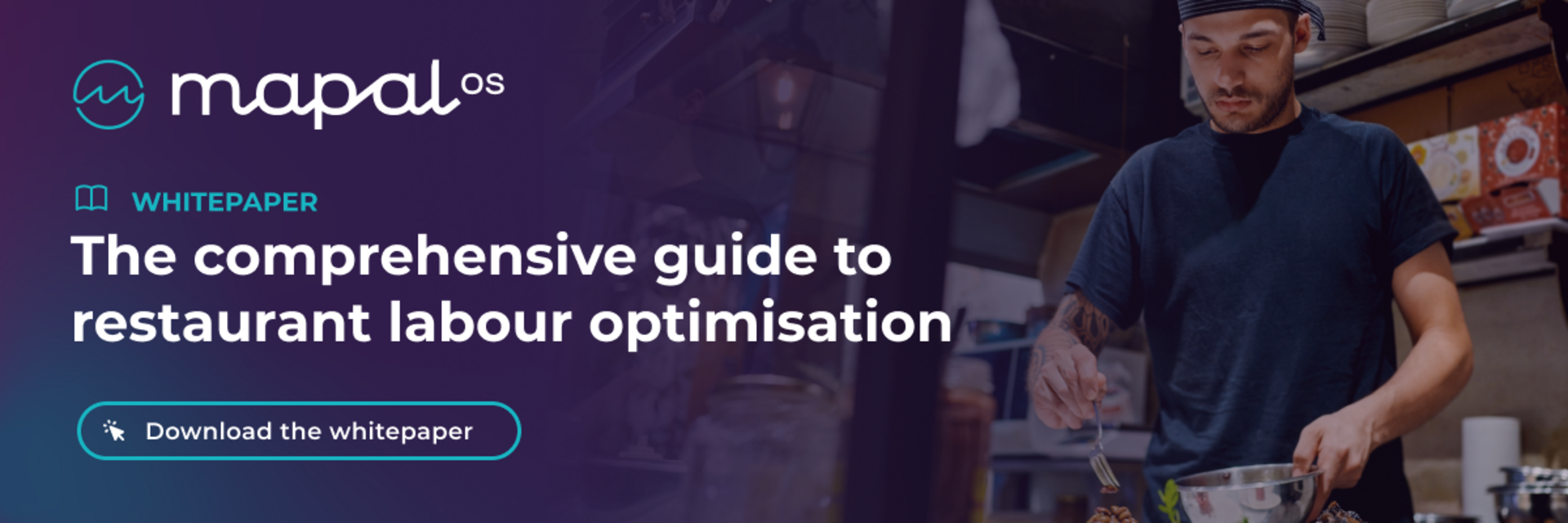Complying hospitality labour laws technology
People are at the heart of our business and complying with hospitality labour laws is a crucial part of looking after them. This is just one of the areas we cover in our Expert guide to hospitality compliance. Safeguarding employee rights in the hospitality industry is also essential to avoid significant fines, and to safeguard the sustainability of your business.
Ensuring you cover hospitality working hours and your legal responsibilities
In the current climate, finding people to cover your operational needs is a challenge. Combining full-time staff with part-time and other temporary arrangements is a normal business practice.
In doing so, however, we need to ensure we are meeting our legal responsibilities and the different contractual arrangements we have within our team.
Let’s take a brief look at how the UK Government outlines these different responsibilities, but one thing is unanimous for all – your company must ensure the health and safety of everyone working in your business:
Full-time and part time contracts
Restaurant and hotel labour laws state that full- or part-time employees have the right to a statutory minimum holiday allowance, rest breaks, sick pay, maternity/paternity leave, along with other conditions set by the Working Time Regulations. Companies outside the UK have similar responsibilities to guarantee employee rights n the hospitality industry and comply with hotel and restaurant labour laws under EU law or the country your business is based in.
You must also ensure that they don’t work more than the maximum hours permitted in their contracts, provide a safe working environment, avoid discrimination against gender, age, sexual orientation, or disability, consider flexible working requests, etc.
Fixed term employees
Workers subject to contracts with a fixed period of time or for a specific task have the same hospitality employee rights as full or part-time employees.
Freelancers or contractors
These workers do not have the same rights stated above. However, a recent ruling stated that you must pay them at least the equivalent equivalent of the minimum national wage.
Agency staff
When you hire agency workers, the agency is responsible for ensuring workers’ rights under the Working Time Regulations. However, any worker contracted by an agency is entitled to the same conditions as your full-time staff once they’ve worked over 12 weeks in your company and you must provide the agency with the information so they can ensure the worker receives equal treatment.
Zero-hour contracts
Zero-hour contracts are usually used for piece work or “on-call” workers. They do not have the same rights as others, although are entitles to statutory annual leave and the National Minimum Wage like everyone else.
Full-time and part time contracts
Restaurant and hotel labour laws state that full- or part-time employees have the right to a statutory minimum holiday allowance, rest breaks, sick pay, maternity/paternity leave, along with other conditions set by the Working Time Regulations. Companies outside the UK have similar responsibilities to guarantee employee rights n the hospitality industry and comply with hotel and restaurant labour laws under EU law or the country your business is based in.
You must also ensure that they don’t work more than the maximum hours permitted in their contracts, provide a safe working environment, avoid discrimination against gender, age, sexual orientation, or disability, consider flexible working requests, etc.
Fixed term employees
Workers subject to contracts with a fixed period of time or for a specific task have the same hospitality employee rights as full or part-time employees.
Freelancers or contractors
These workers do not have the same rights stated above. However, a recent ruling stated that you must pay them at least the equivalent equivalent of the minimum national wage.
Agency staff
When you hire agency workers, the agency is responsible for ensuring workers’ rights under the Working Time Regulations. However, any worker contracted by an agency is entitled to the same conditions as your full-time staff once they’ve worked over 12 weeks in your company and you must provide the agency with the information so they can ensure the worker receives equal treatment.
Zero-hour contracts
Zero-hour contracts are usually used for piece work or “on-call” workers. They do not have the same rights as others, although are entitles to statutory annual leave and the National Minimum Wage like everyone else.
So, how can you monitor hospitality working hours, absences, and leave?
Current recruitment challenges mean that we struggle to find sufficient cover, so existing staff are often called upon to work overtime. This poses other problems, as existing staff may become burnt out or dissatisfied, leading to high turnover and low retention as their wellbeing suffers.
Hospitality is also typical for highs and lows of demand, so ensuring you have the right people in the right places, at the right time, is vital to keep your labour costs down.
Planning shifts and tracking hospitality working hours is therefore a major challenge. But with the help of shift planning technology such as Workforce by Mapal, you can obtain accurate forecasts based on past sales and generate perfect shift plans in a couple of clicks.
Workforce also offers other invaluable features to help you avoid legal issues in the hospitality industry and also look after the wellbeing of your teams:
-
Shift optimisation engine that generates the best possible shift plan to optimise productivity and reduce labour costs – weeks or months in advance and for multiple sites.
-
Capability to ensure that all contractual hours are covered, so that staff who are being paid are actually working, and you aren’t spending unnecessarily on extras.
-
The ability to take staff preferences into account, such as working parents or students, increasing their satisfaction and wellbeing in the process.
-
Your team can clock in and out via our mobile app, as well as request leave, report absences and provide any required documentation.
-
Workforce’s ShiftFinder feature takes the stress out of last-minute absences on the team. Managers can swiftly fill the last-minute shifts to available and selected workers who can accept or reject instantly via the app. A real head-ache remedy!
-
Advanced reporting features and the ability to manage multi-region or country schedules and payment conditions.
If you are thinking of investing in technology to imrove teammanagement, there are a series of questions to ask yourself before choosing a workforce management software. Use our checklist for choosing restaurant management software to make sure you choose one that ticks all the right boxes.
Ensuring your team are trained to avoid legal issues in the hospitality industry
Training on certain aspects of restaurant and hotel labour laws is essential for any site manager to avoid legal issues in the hospitality industry.
Flow Learning by Mapal ensures you have all bases covered. This specialist hospitality learning management system offers everything that both managers and employees need to stay compliant with HR and operational regulations:
The Flow Learning management platform enables HR and learning and development teams a simple and clear dashboard where thy can assign learning to teams, monitor progress, gather essential information for performance reviews and engage employees through bite-size, interactive learning modules.
Flow’s management learning modules, for example, include:
-
Bar stock control
-
Cellar management for managers
-
Effective teams
-
Employment law
-
Food safety for managers
-
GDPR (Data Privacy)
-
Introduction to management
-
Leadership
-
Recruit the right person
-
Pre-entry training for publicans
Speed up onboarding and increase retention with Flow Learning
Flow Learning can also help your ream’s performance and improve employee retention through smoother and efficient onboarding.
Digitising onboarding procedures such as mandatory forms and regulatory training in line with hospitality labour laws means employees can complete it quickly, without spending their first days doing paperwork.
You can choose from Flow’s short, interactive learning modules to cover basic training and improve the skills they need to be productive as soon as possible. Alternatively create bespoke content to suit your brand or ask us to help if you don’t have the time of resources.
Your teams can do all of this in short, engaging learning bursts via our slick and engaging mobile app, Mapal One. They can complete mandatory courses, upskill or cross-train while commuting or on breaks – whenever it suits them best.
Mapal’s suite of specialist hospitality products help you care of what’s most important – your people. To find out more about how you can improve processes and increase team performance and satisfaction, just ask. We’d be happy to help.





